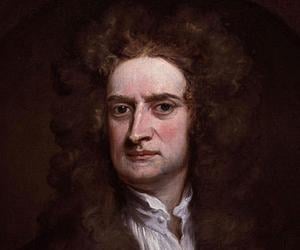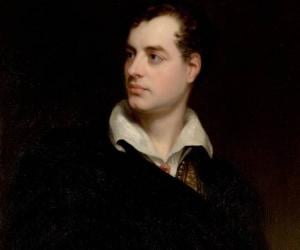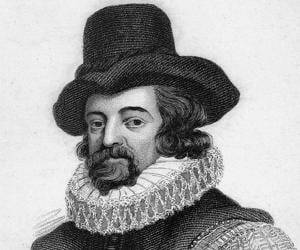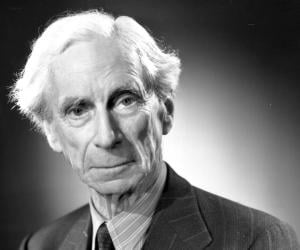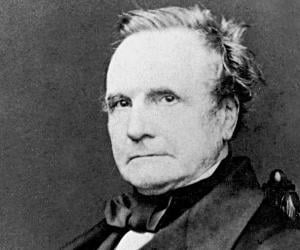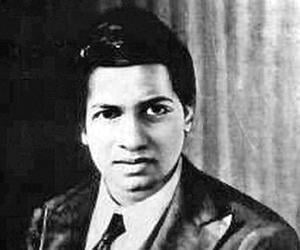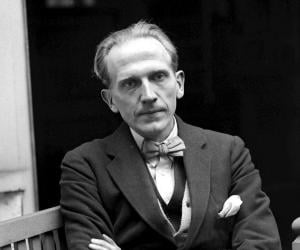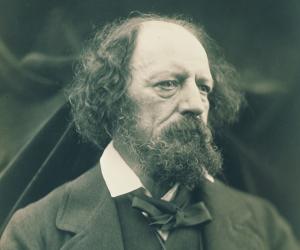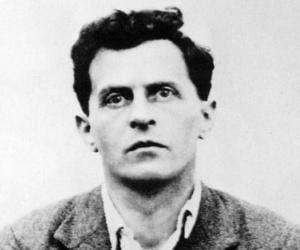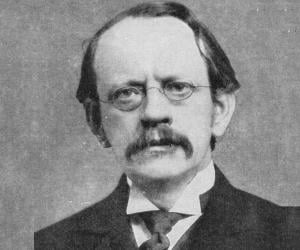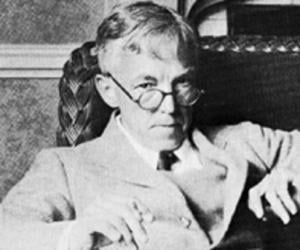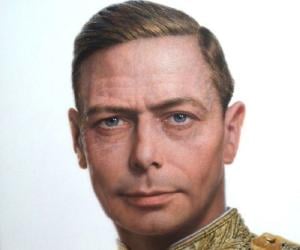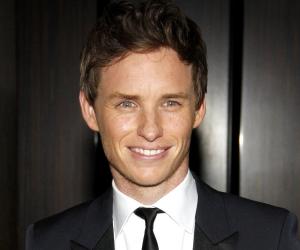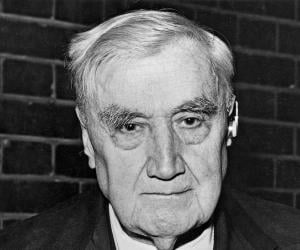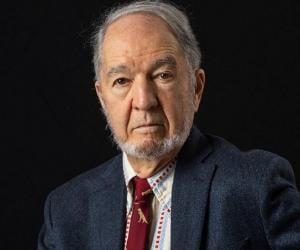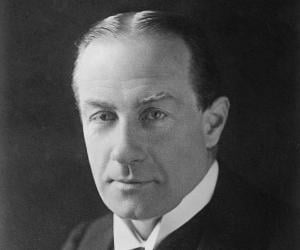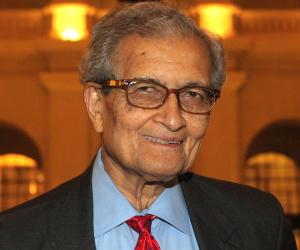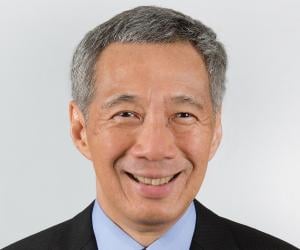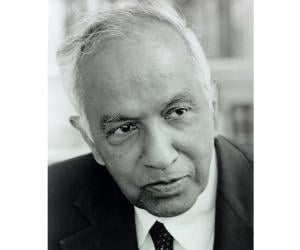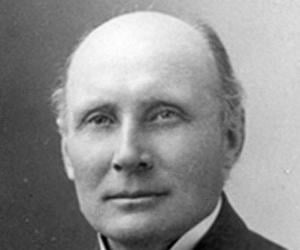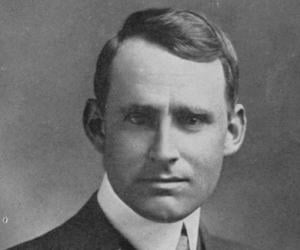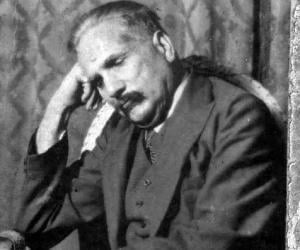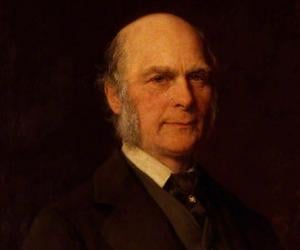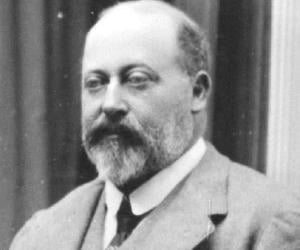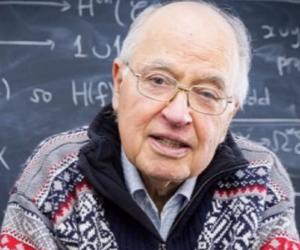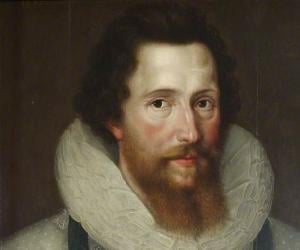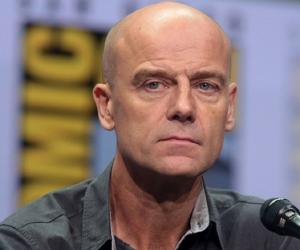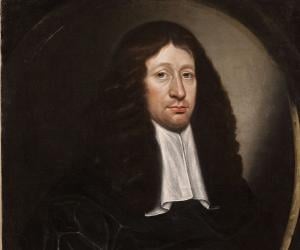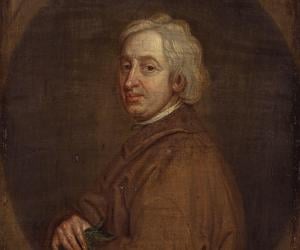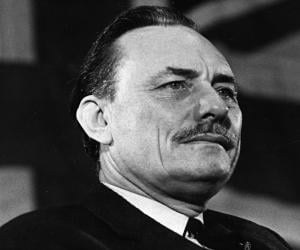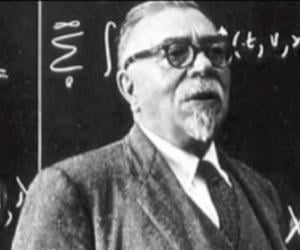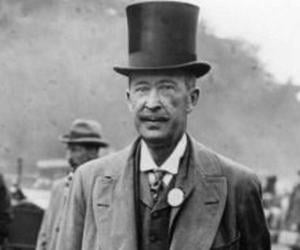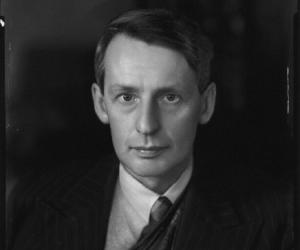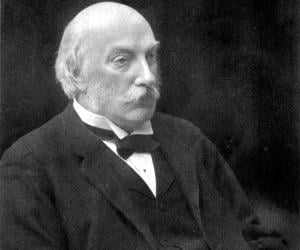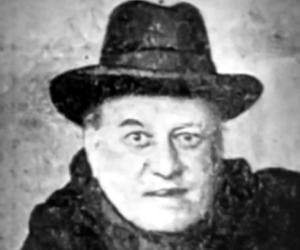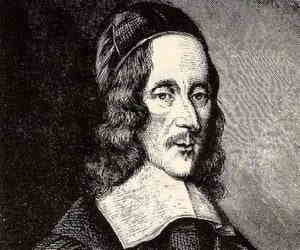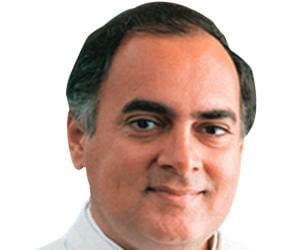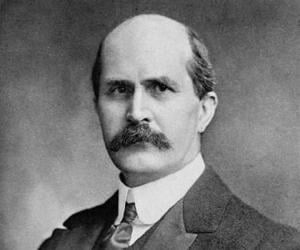One of the most influential and popular scientists of all time, Sir Isaac Newton played a prominent role in our understanding of natural phenomena. He formulated the law of universal gravitation and laws of motion. He also developed the Newtonian telescope among other devices. Apart from science, Newton was also intrigued by religion, occult, and alchemy.
Widely considered one of the greatest British poets of all time, Lord Byron remains influential as his works are widely read even today. He was also one of the most important personalities of the Romantic Movement. He is also known for his role in the Greek War of Independence, for which the Greeks consider him a national hero.
Francis Bacon was a Renaissance philosopher and author who was known as the Father of Empiricism, because of his belief in the scientific method and theory that scientific knowledge can only be created through inductive reasoning and experience. He was later knighted and served as the first Queen's counsel.
Bertrand Russell was a British polymath and Nobel laureate. His work, which is spread across various fields, has had a considerable influence on philosophy, cognitive science, artificial intelligence, mathematics, linguistics, and logic. Russell is also credited with leading the revolt against idealism in Britain and is regarded as one of the founders of analytic philosophy.
A self-taught genius Indian mathematician, Srinivasa Ramanujan is known for his contributions to mathematical analysis, number theory and continued fractions. Born into a humble family, the celebrated mathematician struggled with poverty but still managed to publish first of his papers in the Journal of the Indian Mathematical Society. Later, his collaboration with English mathematician G. H. Hardy proved very productive.
A. A. Milne was an English author best known for his books about the teddy bear Winnie-the-Pooh. He joined the British Army as a young man and served in both World War I and World War II. In his career as a writer, he wrote several novels, non-fiction pieces, articles, poems, screenplays, and children’s stories.
Alfred, Lord Tennyson was a British poet. One of the most famous British poets of all time, Tennyson served as the Poet Laureate during Queen Victoria's reign. His poetry, which is renowned for its powerful visual imagery, served as an important influence on the Pre-Raphaelite Brotherhood, a group of English poets and painters.
Austrian-British philosopher Ludwig Wittgenstein is remembered for his works related to logic, the philosophy of mind, the philosophy of mathematics, and the philosophy of language. He taught at the University of Cambridge for many years. He published only one book during his lifetime. Most of his manuscripts were collected later and published posthumously.
J. J. Thomson was a British physicist credited with the discovery of the electron, the first subatomic particle to be discovered. He was awarded the Nobel Prize in Physics in 1906 for his work on the conduction of electricity in gases. In 1884, he was appointed Cavendish Professor of Physics at the University of Cambridge.
English mathematician G. H. Hardy is best recognised for his work and achievements in number theory and mathematical analysis, and also as mentor of distinguished Indian mathematician Srinivasa Ramanujan. He is noted for his essay on mathematics titled A Mathematician's Apology. He also made his mark in biology formulating a basic principle of population genetics called Hardy–Weinberg principle.
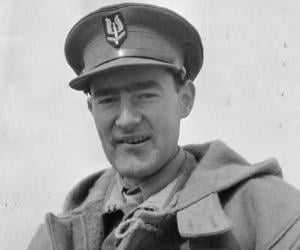
Scottish-born British Army officer David Stirling was known for his exploits in World War II, during which he formed and led the British Special Air Service (SAS). Following the war, he focused on combating racism in colonial Africa and even formed a foundation for animal conservation. He was knighted for his achievements.
Eddie Redmayne is a British actor who has prestigious awards, such as the Academy Award, Golden Globe, and Tony Award under his belt. Over the years, Redmayne has made important contributions to the field of entertainment for which he was appointed OBE in the 2015 Birthday Honours.
Jared Diamond is an American historian, geographer, author, and ornithologist. He is best known for his books, The Third Chimpanzee, Collapse, Upheaval, and The World Until Yesterday. His 1997 book Guns, Germs, and Steel earned him the prestigious Pulitzer Prize. In 1999, he was awarded the National Medal of Science. Jared Diamond is currently working as a professor at UCLA.
Stanley Baldwin was a British Conservative statesman. He served as prime minister of the United Kingdom on three occasions during the interwar period. Baldwin's second government, which was formed by him after winning the 1924 general election, saw tenures of office by important personalities like Winston Churchill, Neville Chamberlain, and Sir Austen Chamberlain.
Lee Hsien Loong is a politician who has been serving as the current prime minister of Singapore since 2004. He has also been serving as the People's Action Party's secretary-general since 2004. Lee is credited with supervising Singapore's economic recovery after the 2008 financial crisis. A former army general, Lee served in the Singapore Armed Forces from 1971 to 1984.
Mel Giedroyc is an English TV presenter, actress, and comedian. She is known for co-hosting series like Light Lunch and Mel & Sue. Also known for her humanitarian efforts, Giedroyc contributed to Gareth Malone's All Star Choir, in 2014, in an attempt to raise funds for BBC's charity Children in Need. In 2017, she went on to co-present Children in Need.
Remembered for his varied contribution to astrophysics, Subrahmanyan Chandrasekhar is perhaps best known for his work on the evolution of massive stars. Today known as Chandrasekhar limit, it contributed to final understanding of supernovas, neutron stars, and black holes. A prolific writer, he also did significant work on energy transfer by radiation in stellar atmospheres and convection on solar surface.
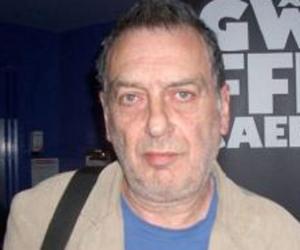
Alfred North Whitehead was a British mathematician and philosopher, best known for his collaboration with his student Bertrand Russell on Principal of Mathematics, a three-volume work on the foundations of mathematics. Also known for his pioneering works on process philosophy and metaphysics, he is credited with developing a comprehensive metaphysical system that differs from most Western philosophies.
Arthur Eddington was an English physicist, astronomer, and mathematician. He wrote numerous articles that explained Albert Einstein's theory of general relativity to the English-speaking world. He began his career in academics and eventually shifted to astronomy, becoming the chief assistant to the Astronomer Royal at the Royal Greenwich Observatory. He was a recipient of the Henry Draper Medal.
Muhammad Iqbal was a Scholar, poet, and politician. Born in British India (present-day Pakistan), Iqbal's poetry in Persian and Urdu languages is regarded as one of the greatest of the modern era. Also an influential politician, Muhammad Iqbal's vision of an independent Muslim state helped inspire the creation of Pakistan where he is recognized as the national poet.
Nineteenth-century polymath Francis Galton revolutionized science with his pathbreaking research on human intelligence and psychometrics. His books dealt with diverse topics such as correlational calculus, fingerprint analysis, and meteorology, and he also explored Africa. He left Cambridge without an honors degree, and yet ended up being knighted for his achievements.
Edward VII, the King of the United Kingdom of Great Britain and Ireland and Emperor of India from 22 January 1901 until his death, is said to have played a role in the reorganisation of the British Army after the Second Boer War. His main interests lay in the fields of foreign affairs and naval and military matters.
Recipient of Fields Medal and Abel Prize, British-Lebanese mathematician Michael Atiyah emerged as a leading figure in the UK mathematics during the latter half of the 20th century. He specialised in geometry and made remarkable contributions in the fields of geometry, theoretical physics, topology and global analysis, and is best known for proving the Atiyah–Singer index theorem with Isadore Singer.
Robert Devereux, 2nd Earl of Essex, was an English nobleman. Considered a favorite of Elizabeth I, Robert Devereux did the unthinkable when he led an abortive coup d'état in 1601 against the government of Elizabeth I. He was subsequently executed for treason. Over the years, Robert Devereux has been portrayed in many stage plays, TV series, and films.
English actor Pip Torrens is best known for his role in the Netflix drama The Crown. He studied acting at Drama Studio London and began appearing in low-budget movies and TV shows. Within a few years, he established himself as a talented character actor and started getting lead roles in major TV shows.

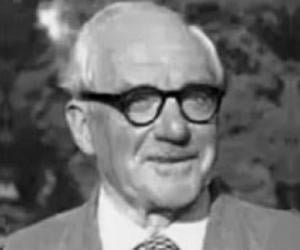
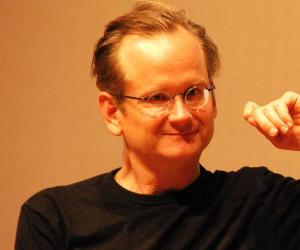
Harvard Law School professor Lawrence Lessig established Creative Commons, a non-profit geared at reducing copyright restrictions, thus helping artists and creative professional share their works legally. A Democrat, he also co-founded Rootstrikers, aimed at combating corruption in Congress. He is also a TED speaker and has penned books such as Lesterland.
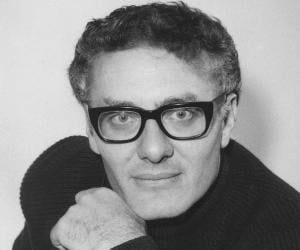
Enoch Powell was a British politician, linguist, classical scholar, philologist, and poet. Also a soldier, Powell served in World War II, reaching the rank of brigadier. His political career is remembered for his iconic and infamous Rivers of Blood speech, which was interpreted as a demonstration of racism. The speech became the subject of a play titled What Shadows.
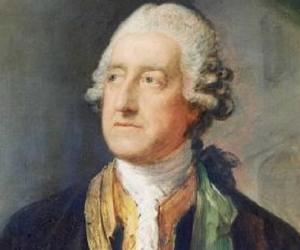
At age 10, John Montagu succeeded his grandfather, Edward Montagu, as the earl of Sandwich. The Eton- and Cambridge-educated statesman had held several important positions, such as the First Lord of the Admiralty. While gambling, he would often have bread and meat, leading to the delicacy being named “sandwich.”
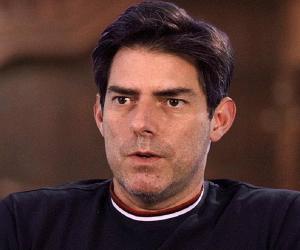
George Paget Thomson was a British physicist best remembered for his discovery of the wave properties of the electron by electron diffraction. The son of physicist and Nobel laureate J. J. Thomson, he himself went on to receive the Nobel Prize in Physics in 1937. He spent several years of his career at Imperial College London.
Although John William Strutt, 3rd Baron Rayleigh, received the Nobel Prize for his discovery and isolation of the inert gas argon, his contributions to Physics is not limited to that. Known to make extensive contributions to theoretical and practical physics, especially in the fields of acoustics and optics, his works are now considered to mark the beginning of modern acoustics.
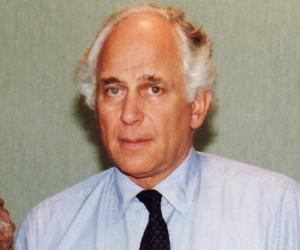
Aleister Crowley was an occultist, writer, and ceremonial magician. He is credited with founding a religion called Thelema and promised his followers with guiding them into the Aeon of Horus, a time of self-realization. More than seven decades after his death, Crowley remains influential among those who revere counterculture and Western esotericism and is considered a prophet in Thelema.
George Herbert was an orator, poet, and priest of the Church of England. Although he is regarded as one of the most important British devotional lyricists, Herbert's poetry is often associated with the works of popular metaphysical poets. He was also a collector of proverbs and his collection was published in 1640.
Rajiv Gandhi was the sixth and the youngest Prime Minister of India. He played a major role in suhering the computer era in India. During the initial phase of his term, he was very popular but later on his regime was marred by corruption scandals and he lost the next election. He was assassinated by Tamil militants, while he was the leader of the opposition.
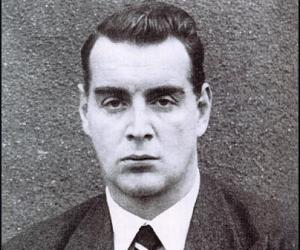
William Henry Bragg was an English physicist, chemist, and mathematician. He is best known for sharing the 1915 Nobel Prize in Physics with his son Lawrence Bragg for their work in the analysis of crystal structure by means of X-rays. William Henry Bragg had an illustrious academic career and was elected president of the Royal Society in 1935.
